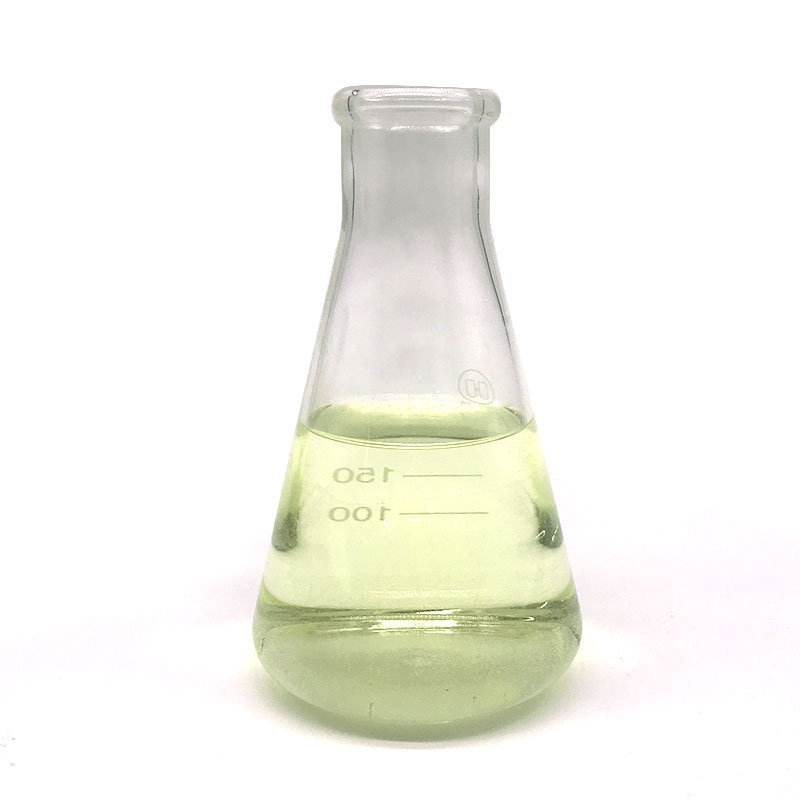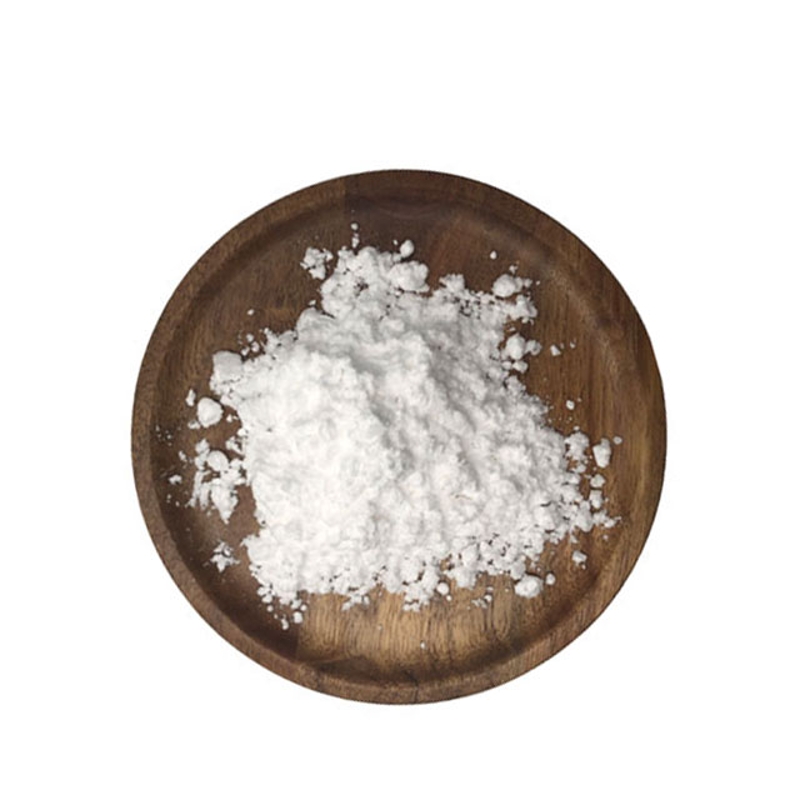HER2 specific TKI of Seattle genetics is qualified for priority review
-
Last Update: 2020-02-14
-
Source: Internet
-
Author: User
Search more information of high quality chemicals, good prices and reliable suppliers, visit
www.echemi.com
Today, Seattle genetics announced that the FDA has accepted its new drug application (NDA) for the treatment of unresectable locally advanced or metastatic HER2 positive breast cancer with trastuzumab and capecitabine The FDA also granted the application a priority review qualification and is expected to respond by August 20 this year The application will be reviewed in accordance with the FDA real time Oncology Review (RTOR) and the Orbis pilot project RTOR allows FDA to obtain key data of clinical trials before formal application and start to communicate with applicants The project may significantly accelerate the approval process of anticancer drugs The Orbis program aims to help patients in other countries get treatment drugs as early as possible HER2 is a protein belonging to the human epidermal growth factor receptor family It is overexpressed in a variety of cancers, including breast cancer, ovarian cancer, gastric cancer and so on HER2 mediates cell growth, differentiation and survival, and promotes the invasive spread of cancer cells About 15% to 20% of breast cancer is HER2 positive Compared with HER2 negative cancers, HER2 positive tumors are more aggressive and related to shorter survival time, poor overall survival rate, higher risk of recurrence and central nervous system disease (brain metastasis) About 30% to 50% of HER2 positive breast cancer patients have brain metastases over time Although the existing targeted drugs have improved the disease progression and survival rate of HER2 positive breast cancer patients, they still need new therapies that can be targeted at metastatic diseases (including brain metastasis) and can be tolerated for a long time Tucatinib is an oral tyrosine kinase inhibitor, which has high selectivity for HER2, but has no obvious inhibitory effect on EGFR belonging to the same family of human epidermal growth factor receptor Previous studies have shown that, whether used as a single therapy or in combination with chemotherapy and other HER2 targeted drugs, tucatinib has shown antitumor activity Previously, the U.S FDA has granted tucatinib orphan drug qualification and breakthrough treatment certification for breast cancer patients The new drug application was submitted based on the results of a phase 3 trial called her2climb This trial is a randomized, double-blind, key clinical study with active control group It aims to compare the efficacy and safety of tucatinib combined with standard treatment drugs trastuzumab and capecitabine in the treatment of locally advanced unresectable or metastatic HER2 positive breast cancer patients compared with trastuzumab and capecitabine Patients in the trial have received trastuzumab, pertuzumab and ADO trastuzumab emtansine (t-dm1), and 47% of patients with brain metastases ▲ PFS (above) and OS data (below) of tucatinib triple therapy (picture source: reference [2]) The results showed that the combination therapy with tcatinib significantly improved the progression free survival (PFS) of patients, and reduced the risk of disease progression or death by 46% compared with the active control group In addition, triple therapy improved overall survival (OS) and reduced the risk of death by 34% compared with the control group In the subgroup of patients with brain metastases, triple therapy also showed excellent PFS, reducing the risk of disease progression or death by 52% reference material: [1] Seattle Genetics Announces FDA Filing Acceptance for Priority Review of Tucatinib New Drug Application (NDA) for Patients with Locally Advanced or Metastatic HER2-Positive Breast Cancer, Retrieved February 13, 2020, from https:// [2] Murthy et al., Tucatinib, Trastuzumab, and Capecitabine for HER2-Positive Metastatic Breast Cancer The New England Journal of Medicine, DOI: 10.1056/NEJMoa1914609 Note: the original text has been deleted A kind of
This article is an English version of an article which is originally in the Chinese language on echemi.com and is provided for information purposes only.
This website makes no representation or warranty of any kind, either expressed or implied, as to the accuracy, completeness ownership or reliability of
the article or any translations thereof. If you have any concerns or complaints relating to the article, please send an email, providing a detailed
description of the concern or complaint, to
service@echemi.com. A staff member will contact you within 5 working days. Once verified, infringing content
will be removed immediately.







